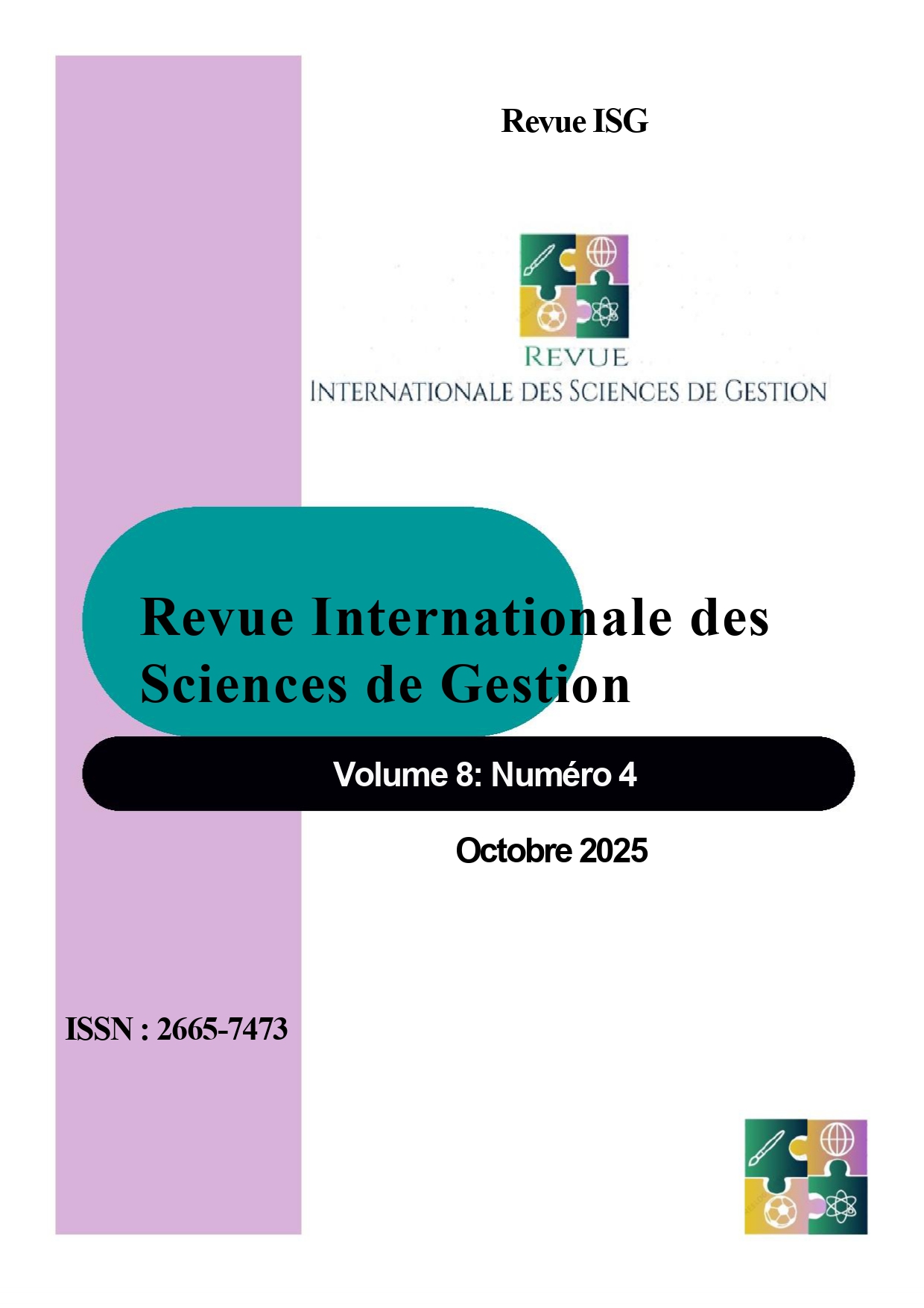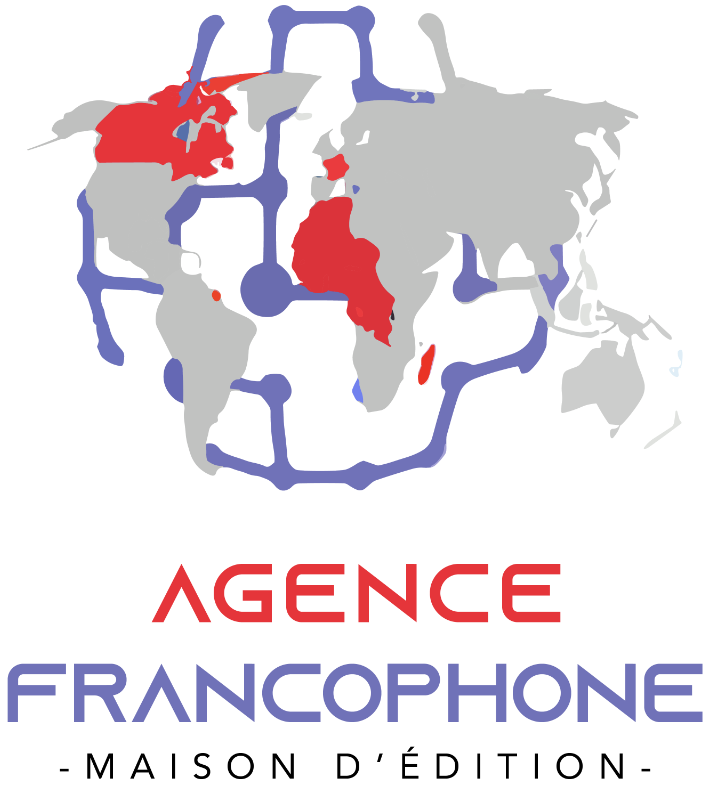Intelligent Integration of Artificial Intelligence in Professional Training: A Case Study of Organizational Transformation in Tunisian Industry
Keywords:
Artificial Intelligence, continuous learning, human–technology complementarity, industrial transformation, qualitative case study, TunisiaAbstract
This study examines the organizational conditions that enable successful integration of Artificial Intelligence (AI) within industrial enterprises in Tunisia. Using a qualitative case study approach, the research draws on seven semi-structured interviews conducted with managers and employees to explore perceptions of AI and its implications for workforce development. Thematic analysis of the interviews, following an iterative coding procedure, revealed three central themes.
Findings reveal a broadly positive view of AI, perceived as a catalyst for process optimization and productivity enhancement across key operational areas such as sales, production, and human resources. Crucially, the study underscores the principle of human–technology complementarity, where AI is framed not as a replacement for human labor but as a strategic support that augments human capabilities.
Continuous learning emerges as the cornerstone of effective AI adoption. The organization studied demonstrates a proactive, role-specific training strategy tailored to hierarchical levels, combining technical proficiency (e.g., tool mastery) with soft skills (e.g., communication, stress management). This dual-focus approach transforms technological disruption into an opportunity for organizational and individual growth.
Downloads
Downloads
Published
How to Cite
Issue
Section
License
Copyright (c) 2025 Achouak CHOUCHANE, Hanene LOUATI

This work is licensed under a Creative Commons Attribution-NonCommercial 4.0 International License.


















